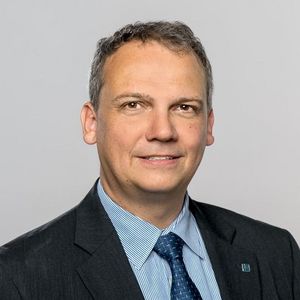
Quantum Development Environment, System Software & Integration (Q-DESSI)
The Quantum Development Environment, System Software & Integration (Q-DESSI) consortium targets the creation of a Munich Quantum Software Stack: a unified software stack, enabling the use of quantum-computing systems for reliable, scalable and multi-user access, and supporting hybrid HPC/QC applications. It provides an interface between the quantum hardware work within the SQQC and TAQC consortia and associated projects such as MUNIQC-SC, MUNIQC-ATOMS, Q-EXA and the EU Flagship Project AQTION on one side, and the application and library developers on the other. The latter includes the MQV project QACI, partner projects such as QuaST and BayQS, along with the Bavarian, German and European user community in general.
The work within the Q-DESSI consortium entails the development of a programming environment, including problem-independent programming abstractions and development tools, hybrid abstractions integrating quantum computers into Von-Neumann-based languages, quantum operating and runtime systems, new architectures for control processors as well as the integration into the HPC ecosystem. The goal is a comprehensive, integrated and reliable software infrastructure built to enable practical quantum computing.
The Q-DESSI consortium is led by the Leibniz Supercomputing Centre (LRZ) and brings together expertise from leading researchers in computer science from LMU, TUM and LRZ. It builds upon the HPC/QC testbed in LRZ’s Quantum Integration Center (QIC) which provides a realistic development platform by combining HPC and QC systems in a single location.
